SolarEdge Technologies introduces smart electricity demand response. The distributed energy storage systems located in UK homes form a virtual battery power plant. It is planned to support the ESO system in the UK as part of the Demand Flexibility Service (DFS) introduced by the company.
The indicated energy storage facilities synchronise the demand for and generation of electricity so as to respond to changes in the amount of electricity sent to the grid. The flexibility of the system is also suitable for large numbers of renewable energy sources such as wind and solar farms.
What is the Demand Flexibility Service (DFS)?
With DFS, the owners of home batteries made by SolarEdge Technologies can stabilise the grid using the electricity stored in their equipment. SolarEdge technology is intended to ensure smooth switching between the electricity from the grid and the electricity from the photovoltaic system.
The user of the service can support the grid and earn money in one of two ways.
In the first case, they earn money by unloading the grid. This happens when the system prevents the consumption of electricity from the grid during demand peaks, and the user consumes electricity from photovoltaic panels or batteries. In this case, the rate per kilowatt hour of electricity used from the user’s own source is 2.5 pounds.
The second option is intended for owners of energy storage facilities that can supply energy to the grid. In that case, the rate for export is 2.5 pounds.
This is beneficial both for the operator and for household owners. It is also another step towards decarbonisation.












